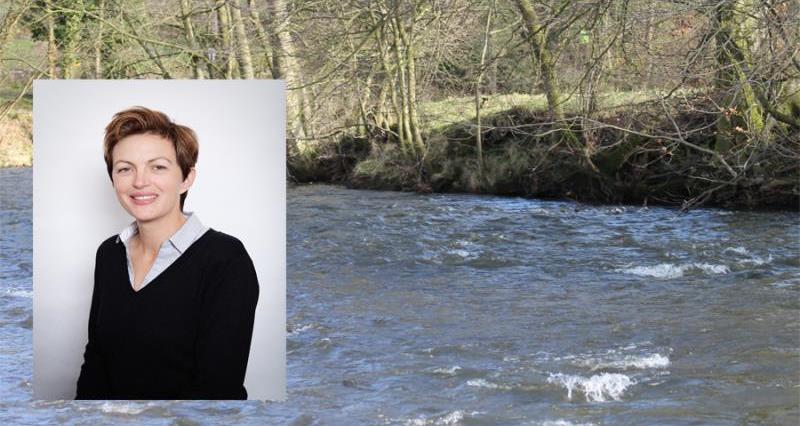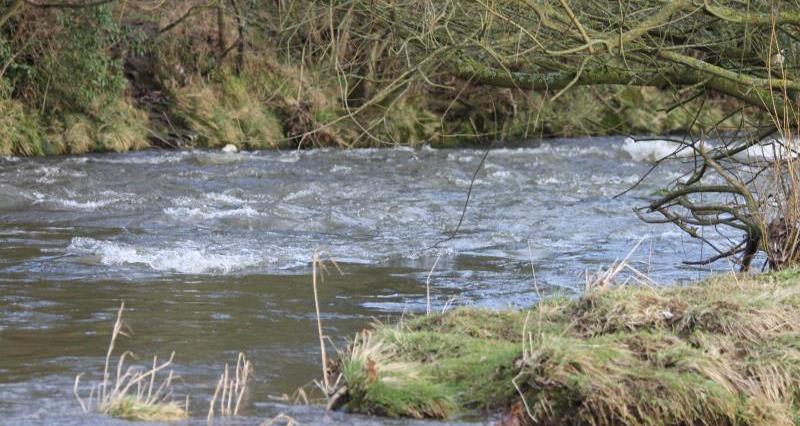Farmers from Ashbourne, Leek, Cheadle and Uttoxeter, who grow crops and rear stock near the River Dove, have won an appeal to stop some land within the river catchment and its tributaries being designated a nitrate vulnerable zone, NVZ
The NFU worked with Hafren Water consultants to back union members, to prevent their land being included in the zone and a tribunal ruled the Environment Agency, EA, plans amounted “to the proverbial sledge hammer to crack a nut approach”.
Defra had 28 days, until 1 February, to appeal against the determination but has not challenged the tribunal’s ruling.
The First Tier Tribunal determination, dated 4 January, said there was “a question mark over whether an NVZ designation of the Dove catchment area would, in reality, succeed in reducing the concentration of TIN (total inorganic nitrogen) in the River Trent by any meaningful degree given the Respondent accepts that the River Dove is not polluted and, therefore, it must follow that agricultural sources of N are also of limited intensity in this region”.
The determination said: “If the tribunal is correct in this analysis, it would appear the measures the Respondent is seeking to employ by expanding the NVZ designation in an effort to improve water quality in a very modest length of the River Trent amounts to the proverbial sledge hammer to crack a nut approach.”
The tribunal added that to designate a large catchment area to protect only a very small length of the main stem of a river was “unusual and disproportionate”.
The River Dove catchment is around 1,200 square kilometres in area with around 800 farms in it and 200 farmers contributed towards the cost of the appeal with help from the NFU’s legal assistance scheme.

Ms Sarah Belton, Hafren senior hydrogeologist, said:“This is a landmark win based on the legal principles of proportionality and polluter-pays.
“The recent deterioration in water quality in the River Trent was primarily due to the lack of dilution of upstream urban nitrate sources (sewage) during the 2011 drought.
“We were able to obtain, analyse and present the required river quality data to prove this.
“It would have been completely nonsensical to penalise farmers within the River Dove catchment for pollution of the River Trent when they did not contribute to it.”
For the latest appeal a comprehensive dossier of evidence was submitted after farmers and growers were given the opportunity to challenge the NVZ status.
The NFU regional team and Hafren worked closely with affected farmers and their group secretaries to keep members up-to-date with the latest on the regulations and the appeal process.
NFU East Midlands’ environment adviser, Paul Tame, said: “This decision is not just a victory for our farmers but one for common sense.
“There is little scientific evidence to support tightened NVZ regulations in this area, which would have significantly increased the costs to individual farm businesses - particularly those with larger livestock and dairy businesses.
“Farmers in the Leek, Cheadle, Uttoxeter and Ashbourne areas who have fought off this designation with help from Hafren and the NFU will be able to breathe a sigh of relief that at least one unnecessary restriction has been dropped.”
